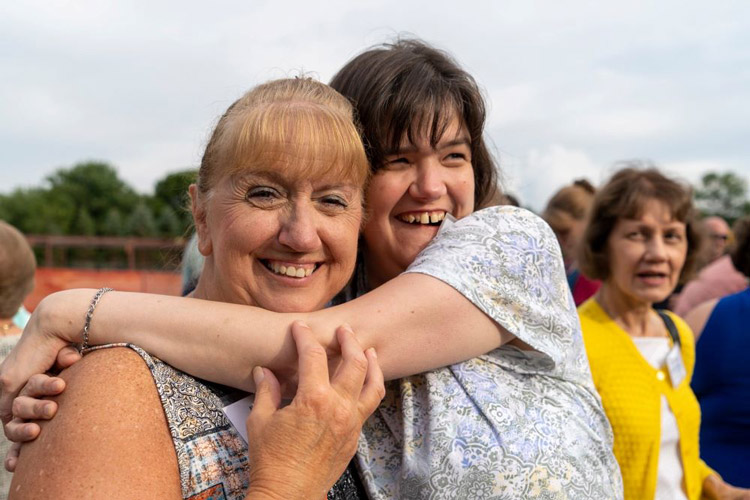by Kira Collins, Ph.D.
What are your rights? Are you your own guardian? Who is your guardian? What about supported decision making? These are all questions that individuals with disabilities and families of persons with disabilities are faced with upon entering adulthood. Which is the right answer? Is there a wrong answer? Guardianship is a personal decision often introduced towards the end of high school, and is not a one-size, fit-all for persons with disabilities and their family members. In the past, the discussion on guardianship has appeared to be black and white: you are your own guardian, or you are not your own guardian. The discussion has started to expand with the introduction of Supported Decision-Making.
What is Supported Decision-Making?
As we go through life, all of us, regardless of having a disability or not having a disability, consult trusted people in our lives when trying to make a decision. These decisions could be about where we should live, what doctors we should go to, if we should buy a car and how to allocate our money. Everyone needs to have support in making decisions. Supported Decision-Making is just that: helping a person be aware of all their options when making choices and communicating these decisions. A Supported Decision-Making agreement is available to help a person with a disability interact and communicate their decisions with a third party. These third parties are usually inclusive of trusted family members, friends, and professionals and previously identified supporters.
“Everyone needs to have support in making decisions. Supported Decision-Making is just that: helping a person be aware of all their options when making choices and communicating these decisions.”
DR. KIRA COLLINS, DIRECTOR OF ADMISSIONS AT ABLELIGHT COLLEGE
A Supportive Decision-Making agreement includes a list of decisions the person with a disability wants assistance in making and identifies a Supporter(s) they want to assist them. The Supported Decision-Making agreement lets teachers, doctors, bankers, and other professionals know that the Person has given the Supporter consent to hear, receive and discuss information with them, and/or it is okay to release records to the Supporter (when appropriate releases have been signed). The person chooses their own Supporter.
Supported Decision-Making vs. Guardianship
In comparing Supported Decision-Making to guardianship and Powers of Attorney, there are differences to be considered when making a choice. Limited and full guardianships restrict or remove entirely the Person’s right to make decisions in some or all areas of decision-making. Authority to make decisions on the person’s behalf is transferred to a court-appointed guardian. Once guardianship is granted by the courts it is difficult (and costly) to modify or reverse the guardianship. With Supported Decision-Making agreements, people with disabilities remain fully in charge of their decisions.
Supported Decision-Making vs. Power of Attorney
Powers of Attorney (POA) are limited to certain kinds of decisions- health care or financial. Powers of Attorney designate another individual to make certain kinds of decisions on the Person’s behalf. Supported Decision-Making agreements can cover many decision types not typically covered by traditional Powers of Attorney like housing arrangements, choosing a service provider (internet, cellphone, cleaning service), and filing taxes.
When making a choice about guardianship and considering Supported Decision-Making, remember that Supported Decision-Making agreements can be used for any decisions the Person feels they need additional support, while still maintaining their right to make their own decisions.
* Note: I’d like to give credit to the Wisconsin Board for People with Developmental Disabilities for providing much of this information. You can find more information on WBPDD and Supported Decision-Making by visiting their website.
Dr. Kira Collins is the Director of Admissions for AbleLight College at Concordia University Wisconsin. AbleLight College is a two-year post-secondary certificate program designed to meet the higher education goals of people with intellectual and developmental disabilities.

